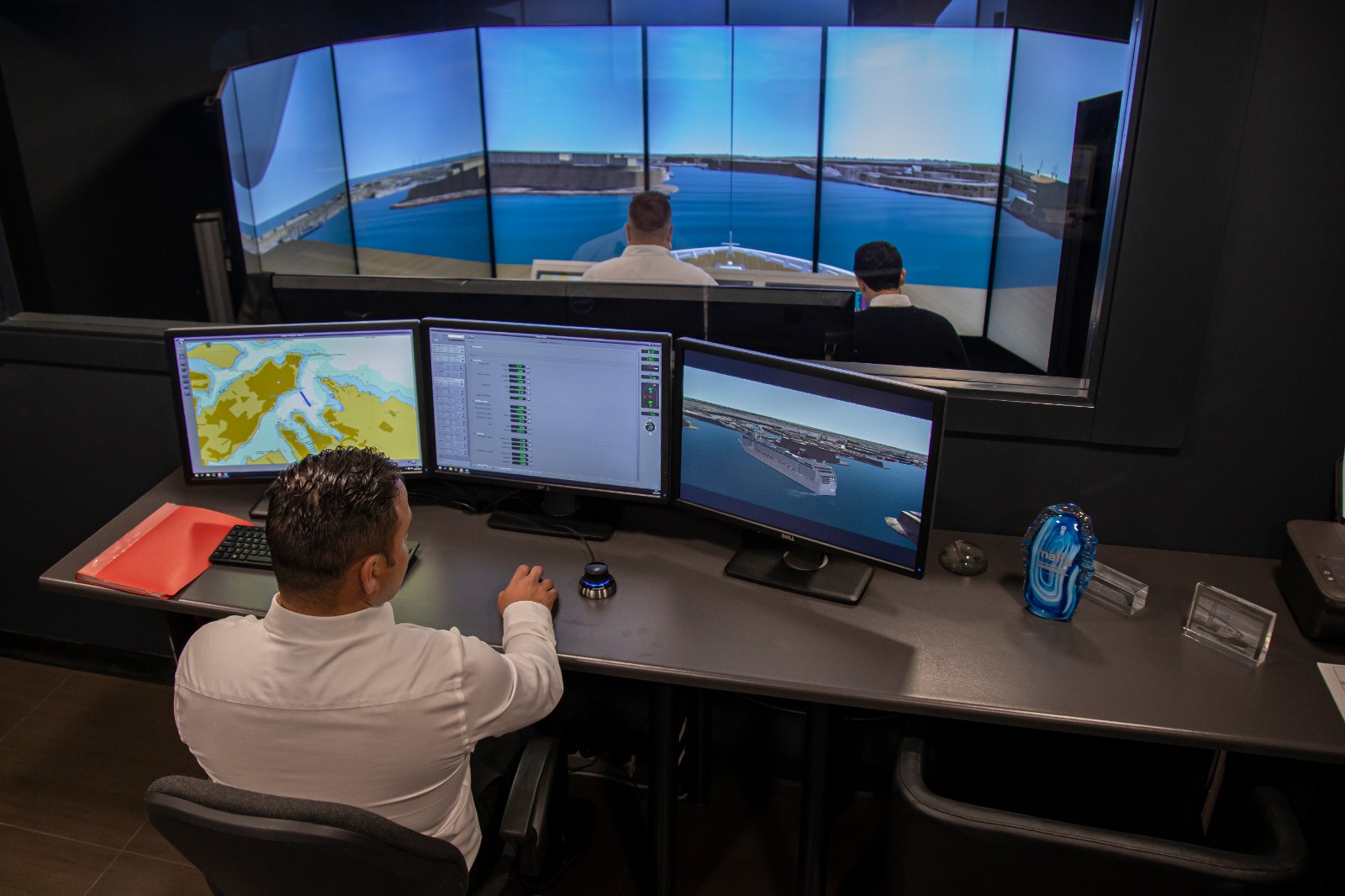Pauline Micallef joined MaritimeMT in August 2020 as a Financial Controller, before being promoted to CEO at the start of this year.
It was a quick rise to helm the company – which provides educational services to the next generation of the local and international maritime industry workers – but one which Ms Micallef, who earlier had become a manager at one of the world’s leading pharmaceutical companies at the tender age of 22, was prepared for.
She sits down with WhosWho.mt to discuss how her professional background as an accountant led her to the position and provides her insights on some of the characteristics she can credit with her success.
First of all, she emphasises that despite common misconceptions in the country, concerning the breadth of work available in the maritime industry, that there are a range of roles available for those wanting to get into one of Malta’s key niche industries.

“I don’t work out at sea, but I’m still in the maritime industry,” she says, adding that there is a full spectrum of jobs available, which unfortunately, despite the number of vessels registered in Malta, are often filled by people from abroad.
In her case, the industry has always appealed, as like many inhabitants of the Mediterranean islands, the sea is close to heart.
Indeed, Ms Micallef says she has just received her Transport Malta Nautical licence (from MaritimeMT – naturally), and she plans to one day own a boat – an ambition stemming from her love of the sea.
It’s not just the proximity to the sea that she enjoys about her job though, the idea of leading a company and guiding its strategic direction is also something that has long appealed to her.
Ms Micallef’s role involves a number of key responsibilities in her drive to help the company provide an excellent seafarers education to students.
Aside from gathering the best professional team she can, she is also responsible for controlling budgets, and setting targets to meet objectives.
When it comes to collecting a team, she details the philosophy she adopts, focused on looking for a variety of different skill sets in her staff, different from her own.
“When you’re searching for a new team member, you have to search for skills and qualities you don’t have,” she says.
“You can’t only employ people similar to you, as a team only works by employing people with different qualities and outlooks.”
Once a team member arrives, she also provides tips on their professional development.
“I always encourage people, and have always done so, to embrace hard work – and the confidence it generates. This will get them where they want to go,” she posits.
On the topic of staff, she acknowledges that there is a significant gender disparity in terms of the presence of females in the maritime workforce.
Case in point is that last year only 12 per cent of MaritimeMT’s students were female.
“The maritime industry is male-dominated, but this seems to be getting better, as awareness of the industry as a viable option for female aspiring mariners is increasing,” she explains.
Asked where she thinks this imbalance comes from, she emphasises the role of tradition and history, explaining that the modern maritime industry has its roots in the merchant navy, where it was often the men that were going out to sea.
This is a persistent tradition, it seems, and the vast majority of captain roles are still held by men, though some women are also rising to the rank.
At MaritimeMT, Ms Micallef, as a woman, is in the minority and she reflects that when she arrived at the company, there were only two women – because most roles at the company were held by aforementioned male captains.
However, despite this, Ms Micallef says she’s always been treated with respect, and emphasises the need for professionalism, whether male or female.

“In my opinion there’s not a man or a woman, it’s about their capabilities. People’s abilities should dictate their capacity to reach certain positions and fulfil certain achievements,” she says.
“It’s about hard work, perseverance, and tenacity. Having clear objectives from the start and pursuing them. At 22 years old, I was afraid to take on a position as a Manager, but I took the position, because I always believe that opportunity is everywhere, the important thing is that you develop the vision and the attitude to see it”
Main Image:
